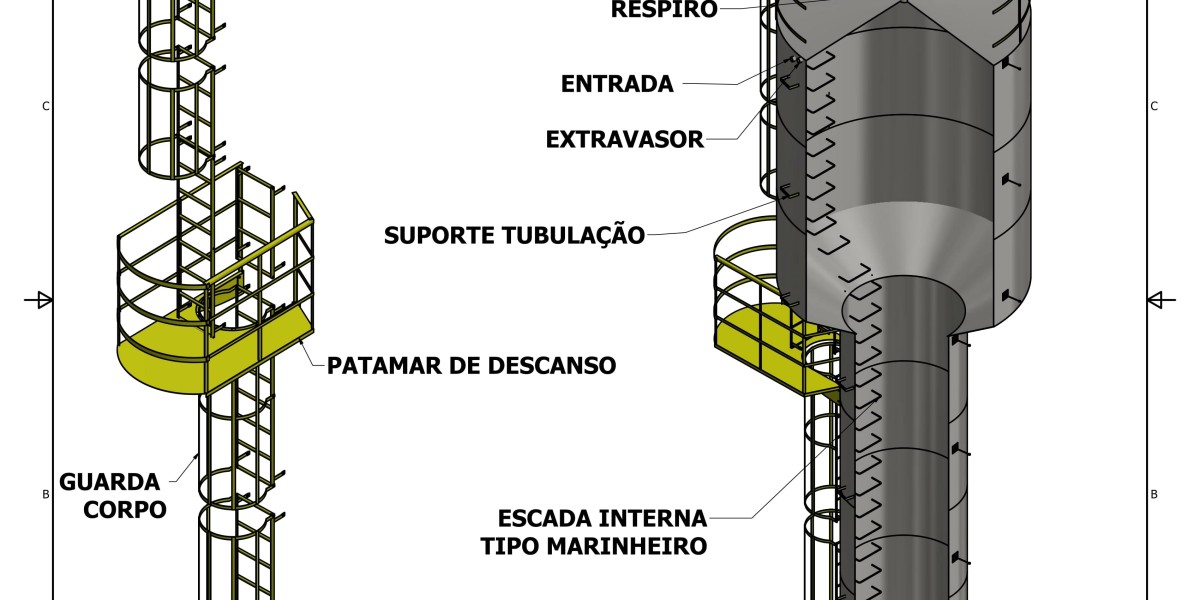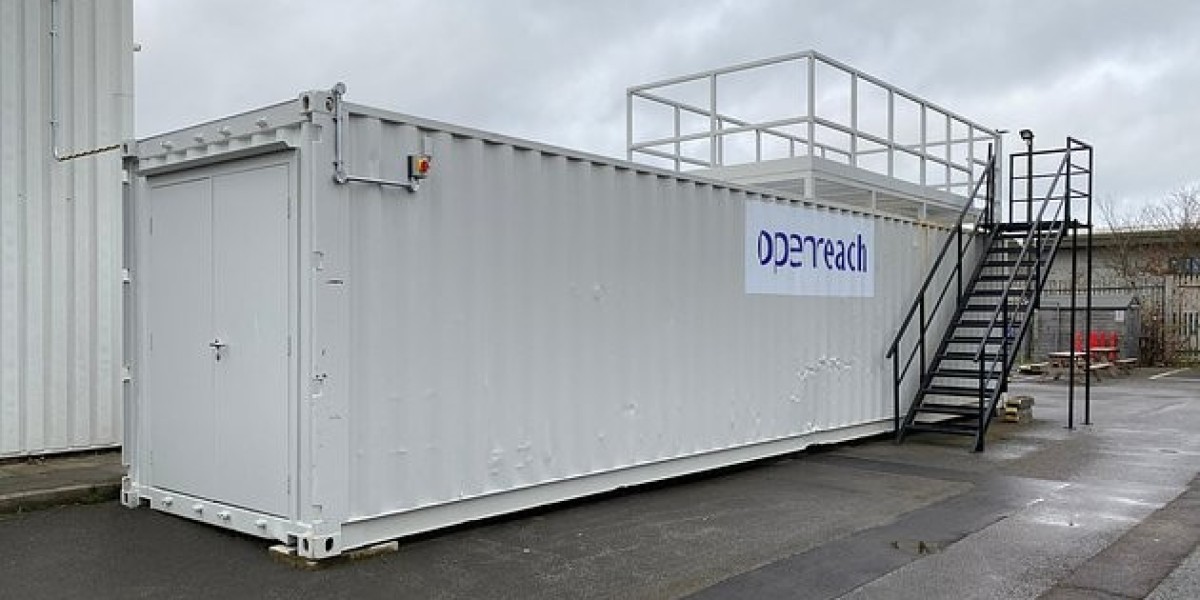South Africa ICT Market: Expansion, Innovation, and Digital Transformation
The South Africa Information and Communications Technology (ICT) market is undergoing a significant transformation, fueled by growing digitalization, government initiatives, and private sector investments. As the country positions itself as a key player in the digital economy of Africa, the ICT sector is becoming a cornerstone of national development. The market is expected to experience steady growth, with projections indicating it will exceed USD 47.92 billion by 2025, driven by increasing demand for cloud computing, mobile connectivity, cybersecurity, data centers, and software development. The South African government's focus on a digital economy, paired with strong mobile penetration, has created a dynamic environment where innovation and connectivity are central to economic growth, service delivery, and business transformation.
Key players dominating the South African ICT landscape include global tech giants and well-established local enterprises. International companies such as Microsoft, IBM, Huawei, Cisco, and Oracle have a strong presence, providing software, infrastructure, and cloud services to businesses across sectors. Microsoft leads in cloud services and digital workplace solutions, with Azure playing a pivotal role in public and private sector digital transformation projects. Huawei continues to expand its footprint in telecommunications and enterprise solutions, focusing on 5G infrastructure and digital connectivity. IBM is active in AI and enterprise consulting, particularly in banking and public services. Local firms such as Dimension Data, BCX (Business Connexion), Altron, and EOH Holdings also play a significant role by offering tailored IT services, cybersecurity, and system integration. These companies leverage local market knowledge and regional partnerships to deliver value-driven ICT solutions.
Get An Exclusive Sample of the Research Report at - https://www.marketresearchfuture.com/sample_request/8412
The South African ICT market is segmented across various categories including ICT hardware, software, services, telecommunications, cloud computing, data centers, and emerging technologies like IoT and AI. By service type, IT services such as systems integration, managed services, and consulting account for a large share of the market. Cloud computing is among the fastest-growing segments, as organizations shift from traditional IT infrastructure to scalable, cost-effective cloud solutions. Telecommunications remains a dominant force within the ICT ecosystem, driven by mobile data demand, 5G network rollout, and broadband expansion. Within end-use sectors, the public sector, financial services, retail, healthcare, and education are leading adopters of ICT solutions. Government digitization programs and initiatives like the Presidential Commission on the Fourth Industrial Revolution (4IR) are encouraging digital transformation across all sectors of society.
Market dynamics in South Africa’s ICT sector are shaped by both opportunities and challenges. On the opportunity side, the rising internet penetration—currently over 70%—alongside mobile-first behavior and increasing smartphone adoption, provides a solid foundation for digital services growth. The proliferation of fintech, e-commerce, and digital healthcare is also pushing ICT demand. Moreover, the COVID-19 pandemic accelerated the shift to remote work and digital platforms, increasing reliance on cloud-based tools, collaboration software, and secure digital infrastructures. However, challenges remain, including issues related to infrastructure in rural areas, high data costs, and digital literacy gaps. Load-shedding and power instability also impact ICT service delivery and data center operations, prompting investment in energy-efficient technologies and backup power solutions. Government policies, such as the National Digital and Future Skills Strategy, aim to address these obstacles by fostering digital inclusivity and innovation.
Recent developments in the South African ICT market highlight the sector’s resilience and rapid evolution. In cloud services, Microsoft and Amazon Web Services (AWS) have launched data centers in Johannesburg and Cape Town, reinforcing South Africa’s role as a cloud hub for sub-Saharan Africa. Google has also committed to investing in infrastructure and skills development, while Huawei has increased its investment in local 5G infrastructure. The expansion of 5G services by Vodacom and MTN, South Africa’s largest telecom operators, is transforming mobile broadband connectivity, especially in urban centers. South Africa also witnessed growth in tech startup funding, particularly in fintech, edtech, and healthtech sectors. The establishment of innovation hubs and incubation centers is nurturing the next generation of tech entrepreneurs. Government partnerships with tech companies are facilitating digital skills programs and coding bootcamps to address the digital divide and prepare the workforce for a technology-driven economy.
From a regional perspective, Gauteng remains the epicenter of ICT activity in South Africa, home to major tech companies, startups, data centers, and financial institutions. Johannesburg, often referred to as Africa’s Silicon Valley, is a hotspot for tech investment and innovation. Cape Town follows closely, with a vibrant startup scene, creative industries, and strong support infrastructure including accelerators and university-based research centers. The Western Cape government supports digital inclusion initiatives and public Wi-Fi programs. KwaZulu-Natal, particularly Durban, is emerging as an ICT growth zone with increasing investments in infrastructure and smart city projects. However, rural and underdeveloped regions still lag in ICT access and digital literacy, necessitating more inclusive policies and public-private partnerships. Nationwide broadband rollout plans, such as SA Connect, aim to bridge this digital divide and ensure equitable access to ICT services.
In conclusion, the South Africa ICT market is on a transformative journey, powered by technological innovation, increased connectivity, and policy support for a digital future. As businesses, governments, and citizens increasingly rely on digital platforms, the demand for robust ICT infrastructure and services will continue to grow. With a blend of global expertise and local innovation, South Africa is well-positioned to become a digital leader on the African continent. Continued investment in infrastructure, skills development, and innovation ecosystems will be critical in unlocking the full potential of the ICT sector, fostering economic growth, and improving the quality of life for all South Africans in the years to come.
Browse In-depth Market Research Report: https://www.marketresearchfuture.com/reports/south-africa-ict-market-21664
Top Trending Report -
About Market Research Future:
At Market Research Future (MRFR), we enable our customers to unravel the complexity of various industries through our Cooked Research Report (CRR), Half-Cooked Research Reports (HCRR), Raw Research Reports (3R), Continuous-Feed Research (CFR), and Market Research & Consulting Services.
MRFR team have supreme objective to provide the optimum quality market research and intelligence services to our clients. Our market research studies by products, services, technologies, applications, end users, and market players for global, regional, and country level market segments, enable our clients to see more, know more, and do more, which help to answer all their most important questions.
Contact Us:
Market Research Future (Part of Wantstats Research and Media Private Limited)
99 Hudson Street, 5Th Floor
New York, NY 10013
United States of America
+1 628 258 0071 (US)
+44 2035 002 764 (UK)
Email: sales@marketresearchfuture.com







